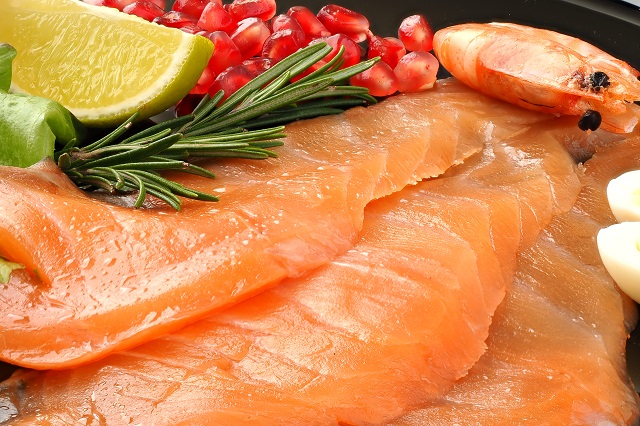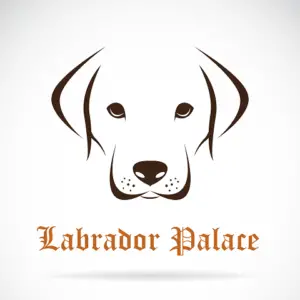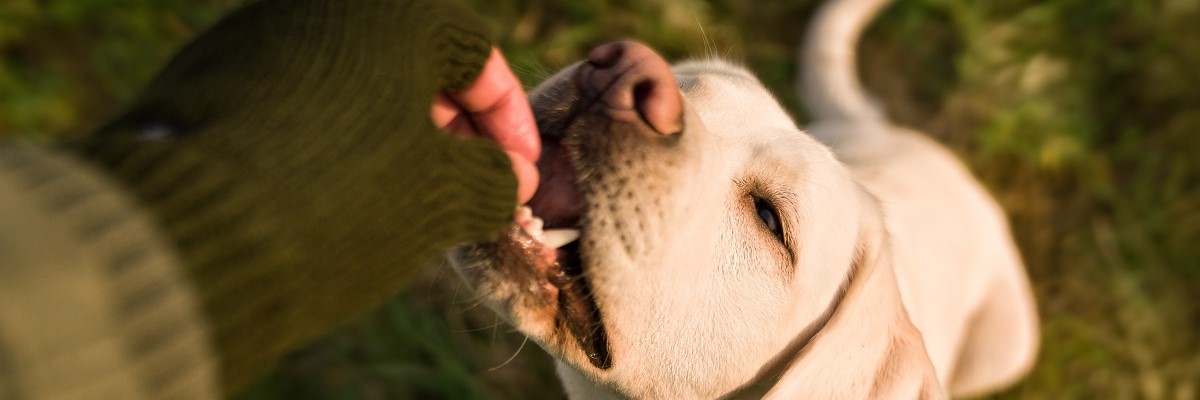Labradors can eat salmon, but there are several things you need to know before feeding it to them. Fish is a very popular dog food option since most dogs enjoy eating it. It’s a healthy addition to your dog’s diet.
A well-balanced diet that includes salmon provides dogs with a healthy amount of protein and several other benefits. Labrador treats made with salmon are also an excellent way to train them.
Benefits Of Salmon For Your Labrador?
Saltwater fish, including salmon, can be found in Alaska, the Pacific Northwest, and California. As a member of the Salmonidae family, trout, char, grayling, and whitefish are all relatives.
It is a delicious, fatty, nutrient-rich dish that can minimize the risk of various ailments. Furthermore, it’s versatile seafood that can be served in various ways so that both you and your Lab can enjoy it.
A wide variety of nutrients are present in salmon that are beneficial to the health of your Labrador. The oil is rich in omega-3 fats like eicosatetraenoic acid (EPA) and docosahexaenoic acid (DHA). EPA and DHA can be beneficial to your Labradors for several reasons:
| Aids in the treatment of Irritable Bowel syndrome can aid in the prevention of some skin allergies in your Labrador. | Aids in the reduction of joint problems in senior Labradors. |
| It helps overweight Labs healthily lose weight. | Aids in the production of collagen in your Labradors system. |
| Slows the development of cancer cells. | Supports dogs with renal illness and other difficulties. |
| Lowers blood pressure and triglycerides, which can help to prevent heart disease. | Can aid brain development in newborns and fetuses of pregnant dogs. |
| Controls the immune system. | It can help reduce inflammation, which can contribute to problems like arthritis. |
| Improves the health of your Labs coat and skin |
When Is Salmon Bad For Labradors?
Does salmon have any harmful effects on Labradors? Yes, if it is not prepared properly. It is strongly recommended that you do not feed raw or uncooked salmon to your Labrador.
Salmon eaten raw and undercooked is particularly harmful to Labradors. Raw salmon contains bacteria and parasites that are harmful to Labradors and can lead to salmon poisoning. Giving even a thin slice can cause your Labrador to become unwell, which could have fatal results.
Salmon Poisoning In Labradors
Even though people and animals have consumed raw fish for millennia, salmon poisoning is incredibly common in dogs and other canid mammals, such as wolves. What is it about salmon that makes it potentially toxic to dogs? Nanophyetus salmincola is a parasite that is found in salmon. This parasite is considered to be benign.
During the cooking process, any harmful parasites and germs are killed completely. However, Salmon poisoning is caused by this. It is a risk if it becomes infected with Neorickettsia helminthoeca.
Signs Of Salmon Poisoning In Your Labrador
You and your veterinarian may overlook salmon poisoning since it takes up to a week for clinical symptoms to manifest.
As a result, diagnosis and treatment are likely to be more complicated, which would be bad news for your Labrador. It is also possible for dogs with salmon poisoning to spread the disease through their excrement to other dogs.
Salmon poisoning in dogs usually manifests as one or more of the following symptoms:
| Lethargy | Lack of appetite |
| Vomiting | Diarrhea |
| Swollen lymph nodes | Dehydration |
| Rapid weight loss | Fever |
What To Do If Your Labrador Eats Raw Salmon?
Please take your Labrador to the clinic as soon as possible if any of these symptoms are present. Contact your veterinarian immediately if you suspect that your Lab may have consumed raw salmon. Diagnosing salmon poisoning can be done with a fecal sample, which detects parasite larvae in the feces, or with a needle removed from a swollen lymph node.
Early detection of salmon toxicity can be quite effective in treating it. Most likely, your veterinarian will recommend an antibiotic in order to destroy the organism responsible for the poisoning, as well as a wormer to eliminate the parasite. If your Labrador becomes dehydrated, your vet may also administer intravenous hydration to them. As soon as the medication is started, dogs normally begin to feel better within a few days.

Can Labradors Eat Smoked Salmon?
In much the same way, your Labrador should not consume raw salmon, nor should they eat smoked salmon. Because smoked salmon is not cooked, parasites and bacteria may still be present, causing salmon poisoning. However, their risk of infection is much lower than if they consumed raw salmon.
A Labrador should not consume smoked salmon because it contains a lot of salt, which is unhealthy. Just as it is harmful to people, consuming far too much salt is harmful to you, too, and dogs need much less salt than we do. While some salt is necessary in their diet, too much salt can lead to dehydration, illness, and even sodium poisoning, so maintaining a balance is essential.
Can Labradors Eat Tinned Salmon?
Small amounts of canned salmon are safe for your Labrador to consume. You should limit how much-canned salmon they eat because it is high in salt. There are canned salmon products available without added salt. This would be a healthier option for your Lab.
Salmon that has been stored in water in cans is the best alternative for your Labrador. Salmon kept in fat should be completely drained and eaten in small amounts to prevent ingesting too much oil. The fish in salt is also safe for dogs to consume, but the amount of salt is considerably higher. The healthiest and cheapest fish treat for your Lab is salmon in a can with water since it contains fewer additives.
Despite this, canned food usually contains additives and preservatives, so fresh cooked salmon offers better nutritional value.
Can Labradors Eat Salmon Skin?
So long as it is cooked and plain, your Labrador can consume salmon skin. However, if you don’t want your Lab to choke on it, break it into pieces before giving it to them.
Salmon skin is high in fat and can lead to unhealthy excess weight in your Labrador if consumed frequently.


